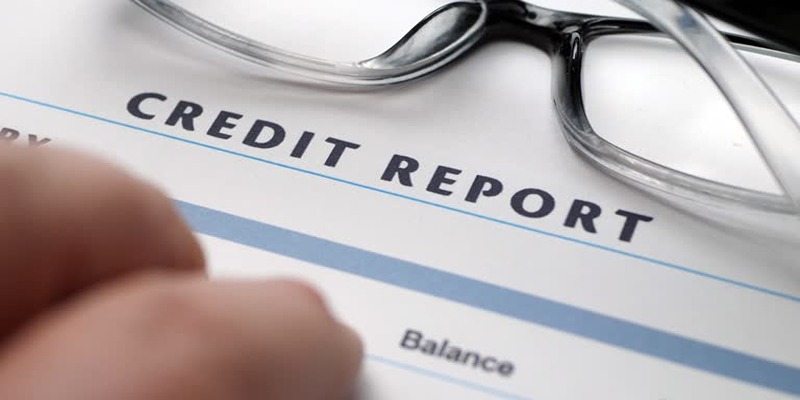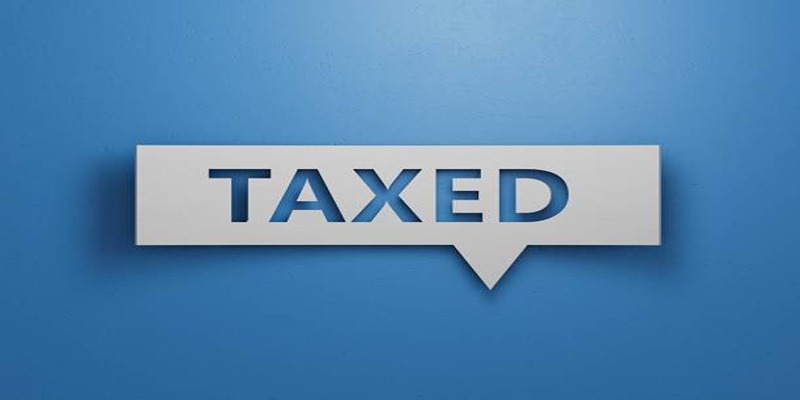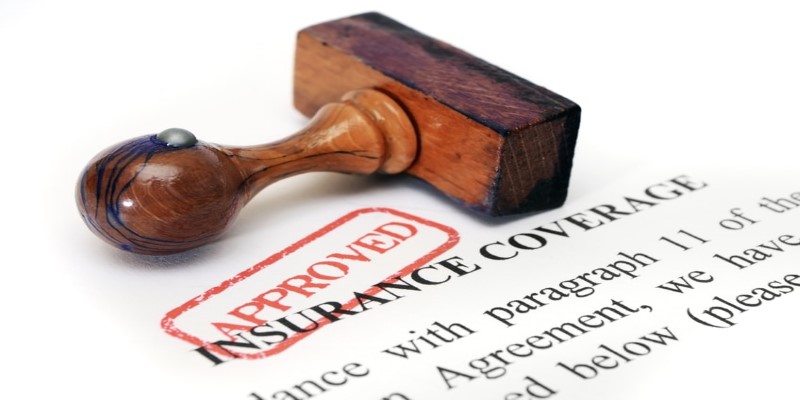When you apply for a loan, lenders often want more than just your credit score or proof of income. They want reassurance they'll get their money back. That's where collateral loans come into play. These loans are secured by something valuable you own—your house, car, or savings. The lender claims this asset until you pay off the loan. Collateral loans can help you qualify for lower rates or larger amounts. But they come with a risk: if you fail to repay, the lender can take your asset. Understanding how they work can help you borrow with caution.
How Collateral Works in Lending?
Collateral is an asset you agree to give up if you default on your loan. It's a form of security for the lender, including property, vehicles, savings accounts, or investment holdings. The lender evaluates the asset's value to ensure it covers the loan amount. If you stop making payments, they can seize and sell the asset to recover your debts.
The setup reduces risk for lenders, so these loans usually come with lower interest rates than unsecured options. It also makes approval easier for borrowers with limited credit history or lower scores. But putting an asset on the line adds pressure. You could lose something important if life throws you a curveball—like job loss or illness.
That’s why it’s important to understand what you’re putting at risk before signing. The lender’s claim isn’t just theoretical. If you can’t meet the terms, repossession or foreclosure can happen.
Types of Collateral Loans
Collateral loans take many forms. Some are tied to everyday purchases. Others help finance major life events or business needs. Mortgages are the most well-known. You borrow to buy a house, and that house becomes the collateral. Miss too many payments, and the lender can foreclose. Home equity loans work similarly—you're borrowing against your property's current value.

Auto loans are similar. The car you’re buying secures the loan. If you fall behind, the lender can repossess it. Title loans are a riskier variation. They’re short-term loans using your car title as security but usually come with steep interest and fees.
Secured personal loans offer more flexibility. Lenders might accept a savings account, investment account, or other valuables like art or jewelry. Since the lender can claim something with proven value, approval is often faster and rates more favorable.
For businesses, collateral loans might be tied to equipment, real estate, or inventory. The company borrows money to fund operations or expansion, with business assets as security. If repayment doesn't happen, the lender can claim those assets.
No matter the type, the formula stays the same: an asset secures the loan, and failure to repay can result in loss.
Pros and Cons of Collateral Loans
Collateral loans come with real benefits, especially for people with limited borrowing options. Lenders are more likely to approve applications when an asset reduces their risk. You might qualify for a larger amount, longer repayment terms, or lower interest. For borrowers with spotty credit, it’s one of the few ways to access financing on decent terms.
Another plus is the asset's ongoing use. You can keep living in your house or driving your car while making payments. As long as you stay current, the lender stays in the background.
But the risks are serious. Defaulting can lead to repossession or foreclosure, and some assets—like homes—carry emotional weight. Losing a car could also impact your ability to get to work or manage daily life.
The asset may not fully cover the loan either. If the lender repossesses your vehicle and sells it for less than you owe, you could still be responsible for the remaining balance. That’s called a deficiency, and lenders often pursue repayment through collections or legal action.
Collateral loans can also take time to process. The asset needs to be assessed, appraised, or verified. This means extra paperwork and sometimes additional fees.
These loans work best when you're confident in your ability to repay, and the loan supports a clear financial need. The risks may outweigh the rewards if you're uncertain or dealing with an unstable income.
When to Consider a Collateral Loan
There are situations where collateral loans make sense. Maybe you need to borrow a large sum and have an asset to offer. Or your credit score is holding you back from other options. Collateral can open the door to more favorable terms or help secure approval when nothing else would.

They're often used to refinance high-interest debt. For example, you might use a secured loan to pay off credit cards and reduce monthly payments. This can ease cash flow and help you stay on track if you avoid building up new debt.
Another use case is short-term needs. Maybe you're waiting on a home sale or a large payment and need a bridge loan. Using a high-value asset as security might give you access to needed funds without going into long-term debt.
But timing and financial stability matter. If you're unsure whether you can keep up with payments, it's worth exploring unsecured loans or other alternatives. The consequences of default with a collateral loan are more serious than missed payments on a credit card.
Before committing, read the fine print. Know the value of your asset, understand the repayment schedule, and ask what happens if you make late or missed payments. Make sure the loan serves a clear purpose—not just a temporary fix.
Conclusion
Collateral loans offer a path to borrowing when other doors are closed. Using an asset as security can help lower interest and increase loan size, whether it's your home, car, or savings account. But it comes with responsibility. If things don't go as planned, you could lose something you rely on. These loans are best used with care, clear goals, and a solid repayment plan. When the risks are understood and managed, collateral loans can be a practical solution—not just a desperate move. Borrow smart, and your assets can work in your favor without becoming a liability.












